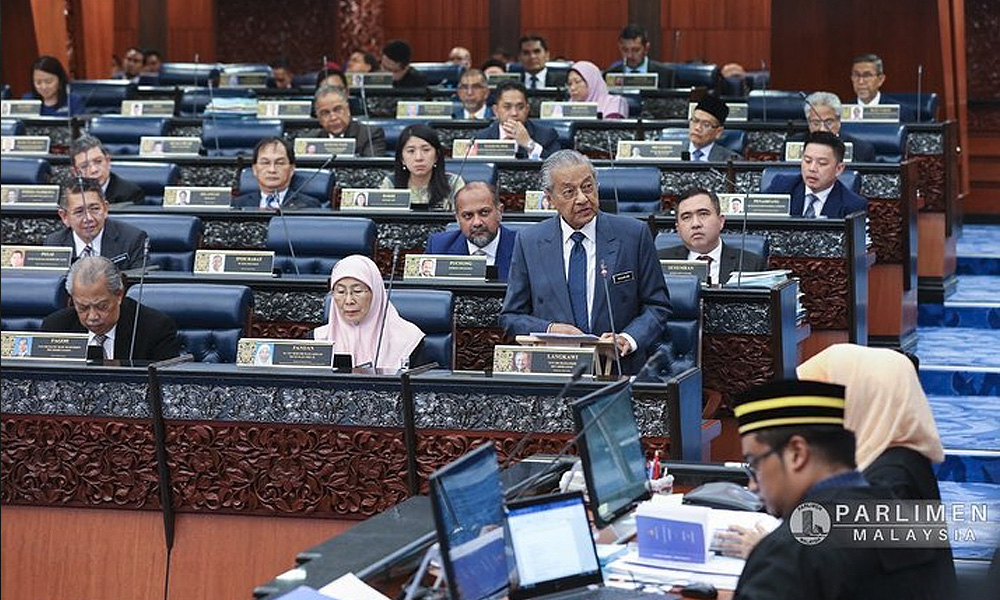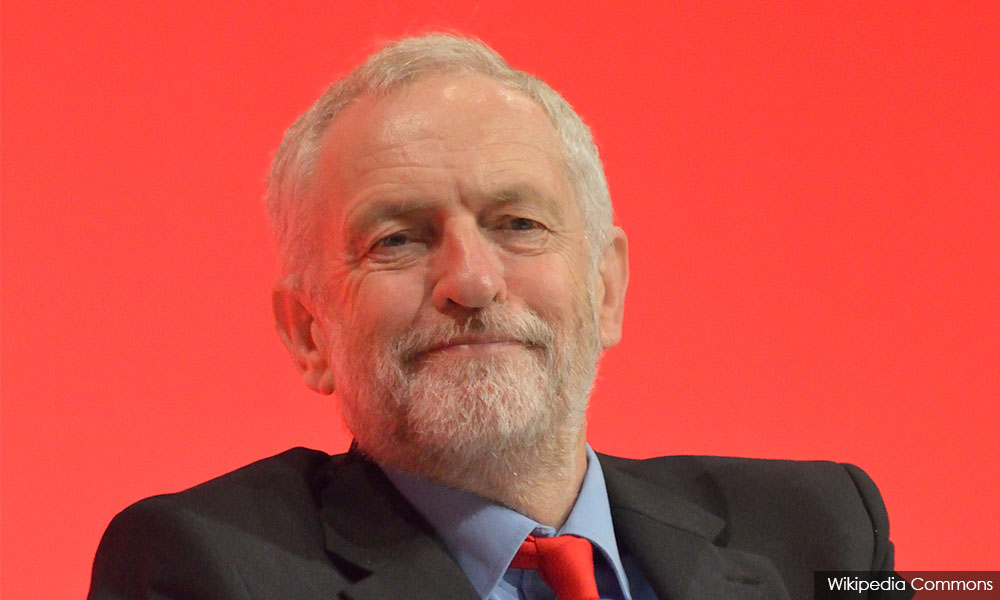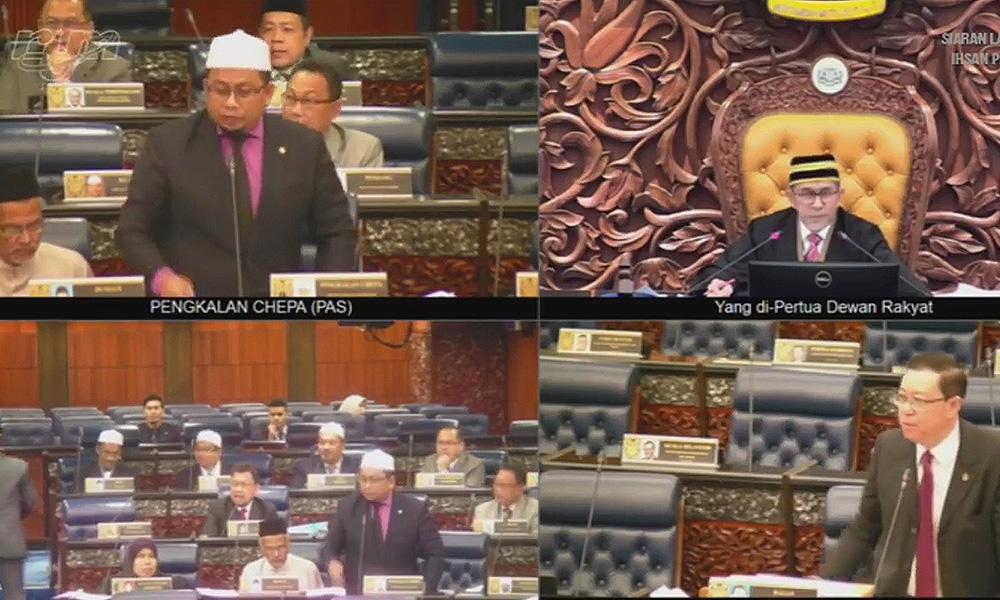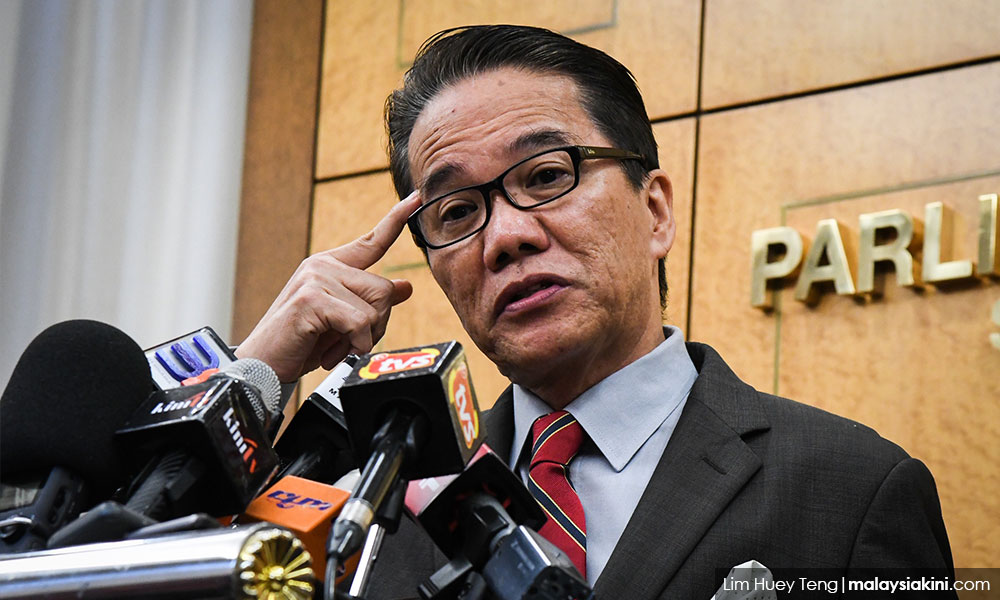
This is why the Prime Minister’s Question Time (PMQT) in Parliament is important.
If we could have 30 minutes every parliamentary week for any MP to ask the prime minister questions he’s forced to answer, the government will be more accountable and responsive to the people. Allocate six questions to the opposition, since it has the political incentive to find shortcomings in the government, and with this, we might get real answers.
The heart of a functioning democracy is accountability, and its stage, the Parliament. PMQT will be the highlight of every session, and the peak of accountability is when the leader of the government could be asked any question, without prior notice or preparation, and it would be answered honestly. All political posturing, rhetorical smokes-and-mirrors will be bygones.
If done properly, the platform is invaluable. When Jeremy Corbyn of the UK Labour Party was first elected as the Leader of the Opposition, he asked the prime minister questions from the emails and letters he’s received from voters. Corbyn essentially used the Prime Minister’s Questions (PMQ in the UK) platform as a place where ordinary voters could directly question the prime minister and get answers.
Corbyn (photo) even told the then-prime minister David Cameron that he intends for the PMQ to be less theatrical, and Cameron agreed to focus on substantial issues.

Of course, there’s a tendency for our politicians to reduce the PMQT to a mere circus. Our Parliament is sometimes nothing more than a theatre of cheap point-scoring, a competition of witty remarks and personal insults.
But this tendency of abuse is common to all political processes. Just because there’s a tendency of abuse doesn’t mean they’re not necessary and intrinsic to the overall structure of parliamentary accountability.
Just because our Parliament has been a circus for the past decades doesn’t mean we have to remove it. Instead, we refine the process to increase channels of accountability so that parliamentarians will no longer take the people’s trust for granted.
If we implement the PMQT session, it would likely be the most watched parliamentary session on TV and Facebook because most people are curious about how it turns out. This was the case in the UK, where news agencies compete to broadcast the weekly PMQT session.
More spotlight, less circus
The PMQT in Parliament is beneficial in several ways.
First, this will attract significantly higher parliamentarian attendance, which will instantly translate into higher democratic accountability. Every politician loves the spotlight, and a platform of high spectatorship like the PMQT must not be missed.
Second, the highly-observed PMQT will potentially reduce the rowdiness and farce typically displayed by parliamentarians. Most parliamentarians would want to compete to sound smart, to frame issues incisively, and to look as though they’re serious about their job.

They’d want to do this to increase their popularity and identification with the public; they’d also do this to raise their ranks among MPs.
Sometimes how MPs perform during the PMQT could either provide a boost to their political careers or save them from beaming irrelevance. In the UK, William Hague lasted four years as leader of the Conservative Party and Iain Duncan Smith was shown the door because Hague was marvellous at the dispatch box while the latter suffered.
In other words, there is a significant incentive for MPs to perform well if there are more layers of accountability. Any problems related to accountability could be solved by adding more layers of accountability. Our democracy survives on being vigilantly watched.
Too small to matter
You may still be unconvinced because you think the PMQT is too small to agonise about. But PMQT is not meant to solve most problems of accountability once and for all - it’s not a magic pill.
PMQT is a piece of a large parliamentary accountability puzzle that must be implemented as fully as possible.
Other pending parliamentary reforms include:
- Live broadcast and Hansard publication of select committees;
- Sessions for a Private Member’s Bill to be tabled and debated;
- Restoration of Parliamentary Services Act for separation of powers;
- Immediate release of Order Papers and government bills; and
- Publication of voting records (bloc division details) of every legislative bill vote.
Although it’s not possible to say whether it’s more or less important than the rest, the PMQT is definitely among the most visible and high-profile accountability tool to show that we are heading towards the right direction.

I don’t want to take too much away from our de facto Law Minister Liew Vui Keong (photo) because he did show openness to implement the PMQT in the Dewan Rakyat. But it seems strange to suggest that it is not necessary, simply because the current prime minister already takes questions during the Minister’s Question Time.
Time and again, we seem to conflate personalities and institutions. PMQT is meant to formalise the accountability tools of Parliament, regardless of who the prime minister is.
The second excuse by the law minister was that the success of the PMQT depends on the active participation of backbenchers, and he said we had too few - only 167.
This is problematic because it implies that the only time for PMQT in Malaysia is: never. Like I have iterated above, the success of the PMQT will be a bonus. What is critical is instituting a structure of parliamentary accountability. We always seem to forget this.
JAMES CHAI is a legal consultant and researcher, working for Invoke among others. You may reach him at jameschai.mpuk@gail.com. - Mkini


No comments:
Post a Comment
Note: Only a member of this blog may post a comment.